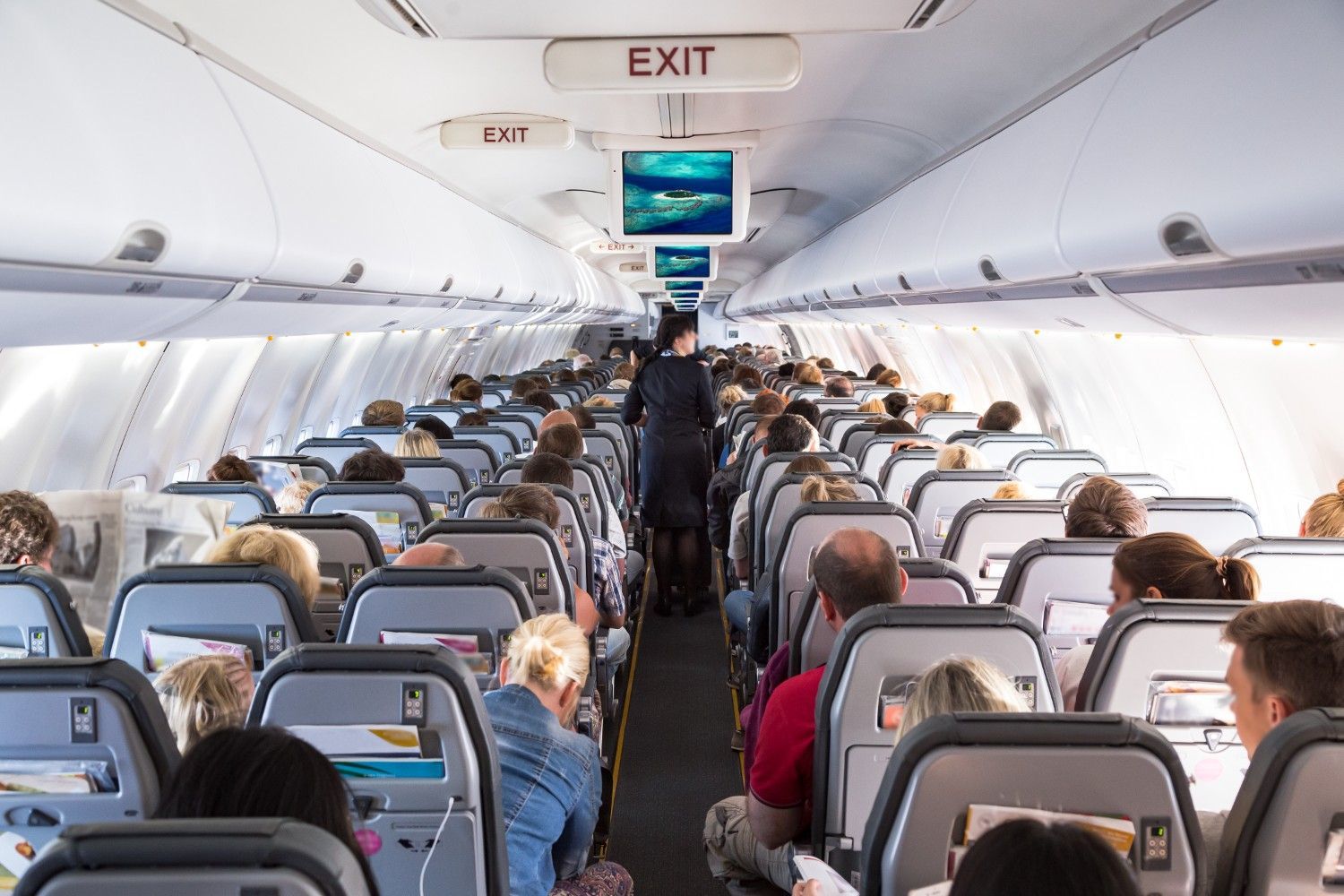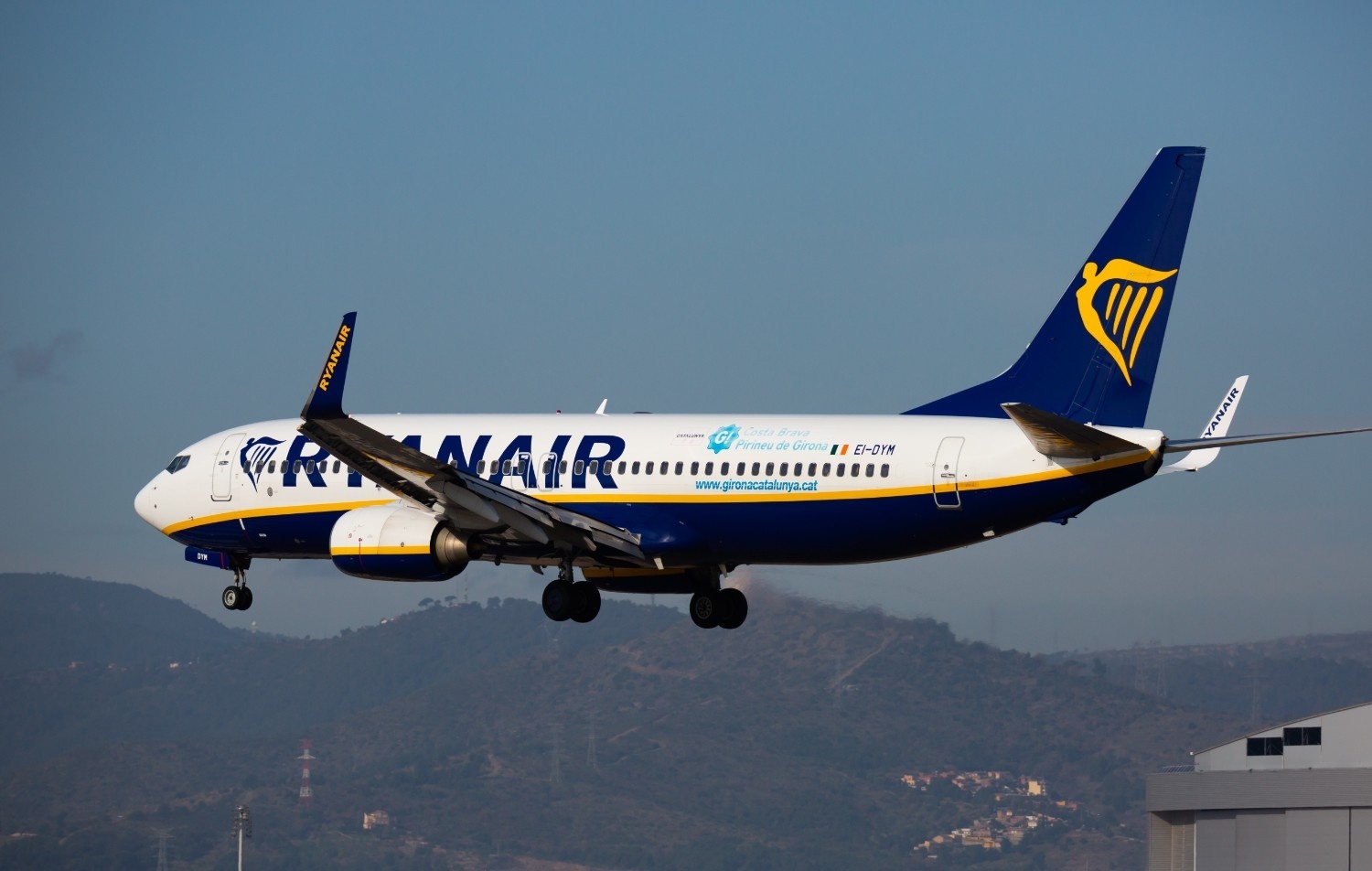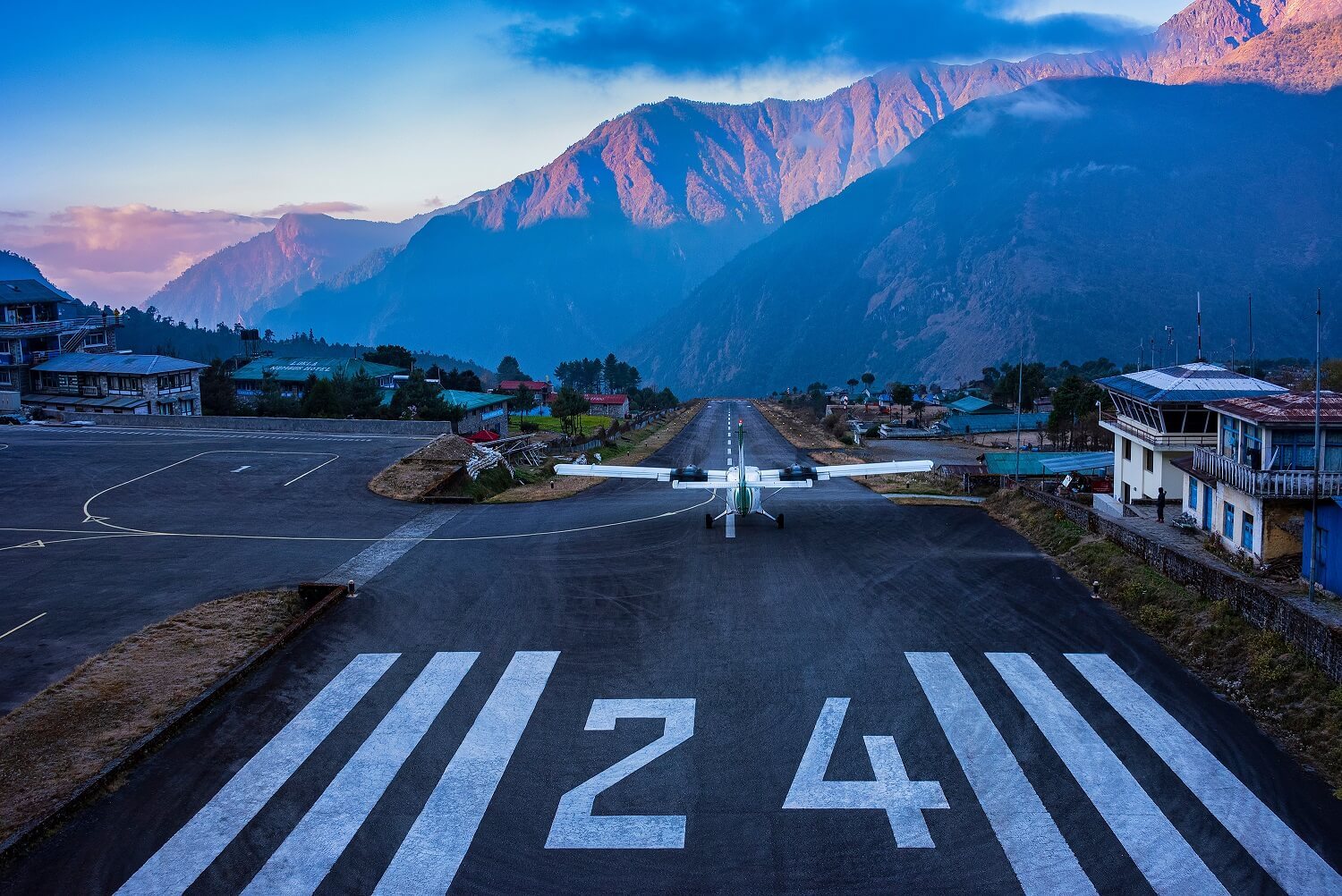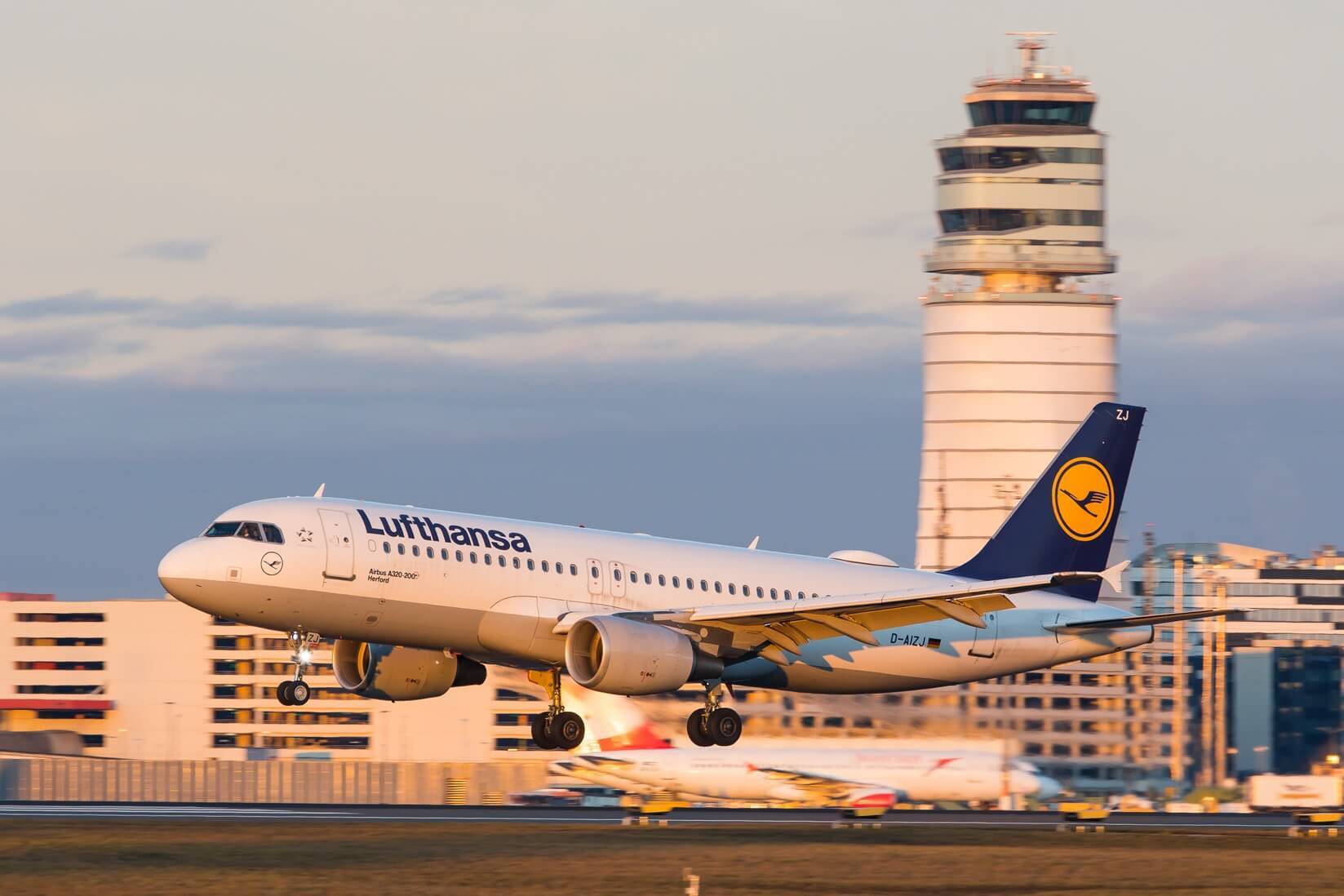Death during flight: Procedures, reality, and myths

Identifying and addressing medical emergencies
Flying is often associated with adventure, excitement, and the thrill of exploring new destinations. However, amidst the hustle and bustle of air travel, there exists a somber reality that few wish to acknowledge: the possibility of death occurring on board. Despite the meticulous safety measures put in place by airlines, the unfortunate truth is that passengers do pass away during flights, raising questions about procedures, medical preparedness, and the psychological impact on fellow travelers.
Emergency protocols: Prompt action and decisive measures
When confronted with such an unprecedented event, flight crews find themselves thrust into a delicate situation requiring swift and decisive action. The first challenge lies in identifying the gravity of the situation. Not every passenger boarding a flight is in optimal health, and it is crucial for crew members to be vigilant and prepared for any medical emergencies that may arise mid-air.
Confirming death and legal procedures
One common misconception is the authority of crew members or pilots to officially declare a passenger deceased. In reality, only a qualified medical professional, usually a doctor on board, possesses the expertise and legal authority to confirm a passenger's death. This protocol ensures accuracy in determining the cause and time of death, crucial for subsequent legal and administrative procedures.
Understanding the variability of mid-flight deaths
The circumstances surrounding death on an airplane are as varied as they are unpredictable. Some passengers may board already knowing their health is compromised, while others succumb unexpectedly to sudden medical events such as strokes or heart attacks. This variability leads to three distinct categories: those traveling for medical reasons, those defying their illness to travel, and those unaware of any underlying health issues.
Coping with trauma and emotional stress
The psychological impact of such events cannot be overstated, both for the passengers and the flight crew. For travelers, witnessing a fellow passenger's demise in the confined space of an aircraft can evoke feelings of shock, fear, and vulnerability. Despite efforts to maintain composure and provide support, the emotional toll on passengers is profound.
Behind the scenes, airlines have protocols in place to handle medical emergencies swiftly and effectively. Ground services like "Medlink" provide invaluable assistance, offering medical guidance and support to flight crews via radio communication. Additionally, some airlines utilize onboard cameras to transmit real-time images and sound to ground-based specialists, enabling them to assess the situation accurately and provide informed recommendations.
Addressing misconceptions about in-flight deaths
Dispelling myths surrounding death on airplanes is essential to alleviate unnecessary fear and anxiety among travelers. Contrary to popular belief, a deceased passenger is not simply left in their seat. Once a death is confirmed, proper procedures are followed to ensure dignity and respect for the deceased while minimizing discomfort for fellow passengers.
In conclusion, death on an airplane, while rare, underscores the fragility of human life and the unpredictability of air travel. By adhering to established protocols, maintaining preparedness, and providing compassionate support to those affected, airlines strive to navigate such challenging circumstances with professionalism and sensitivity. As passengers, acknowledging this reality fosters a greater appreciation for the safety measures in place and reinforces the importance of cherishing each moment, both on the ground and in the air.
Latest posts
Ryanair goes paperless – What this means for your next flight
Ryanair ends paper boarding passes on Nov 12, 2025. Travelers must use the myRyanair app for check-in and boarding.
Flight delays and cancellations in August 2025
Check which flights were delayed in August 2025 – you may still be entitled to claim up to 600 € in compensation.
Flight delays and cancellations in July 2025
Check which flights were delayed in July 2025 – you may still be entitled to claim up to 600 € in compensation.












